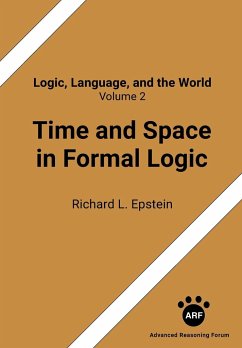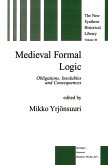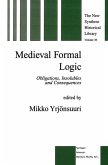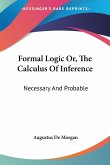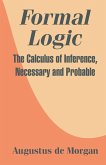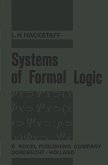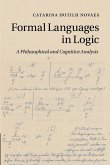Time and Space in Formal Logic begins with an analysis of assumptions about how logic and language relate. Then in the first section, times are taken to be established by true propositions, and those are related as before and after with temporal propositional connectives. In the second section, times are treated as things that can be picked out and counted, leading to a predicate logic that allows for quantification over times. In the third section, locations in space are also treated as things that can be picked out and counted, leading to a predicate logic that allows for quantification over both times and locations. Many applications of the formal systems to formalizing ordinary language propositions and inferences clarify better the assumptions we make in reasoning taking account of time and space by making those precise in the formal systems. Appendices on events, branching times, intentions, and descriptive names add to the scope of the work.
Hinweis: Dieser Artikel kann nur an eine deutsche Lieferadresse ausgeliefert werden.
Hinweis: Dieser Artikel kann nur an eine deutsche Lieferadresse ausgeliefert werden.
